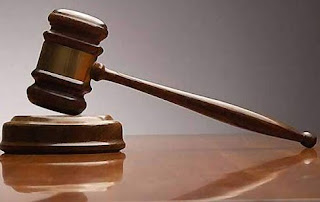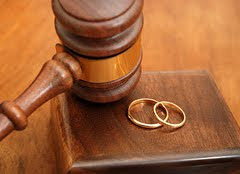One of the important features of the Indian Supreme Court is its panel structure. At present it has 27 judges that on a characteristic day may sit in benches of two or three judges in one of over a dozen active courtrooms. In this sense, it's not a single court, but various courts. In this article that is to be published later this year in the American Journal of Comparative Law I look at how the Court's structure was promoted to further positive values or understandings of what a supreme court should be.
I argue that the desire for access to the Indian Supreme Court has come at the cost of a few of the cohesiveness of the Court's doctrine. But it has moreover had less intuitive consequences as well. It has encouraged judicial entrepreneurs who can use lesser benches to push precedent farther or more creatively than they may be able to if they sat on a larger bench.
It has empowered a Chief Justice dominant Court, where the Chief Justice's power to set benches and move cases has completed him the clear focal point and leader of an otherwise relatively fragmented institution and it has arguably helped decrease perceptions of politicization of the institution by the public because it is so hard for outsiders (or insiders) to see the creation of clearly defined coalitions of judges as happens on combined benches like the US Supreme Court where conservative and liberal wings of the court are well documented and debated.






